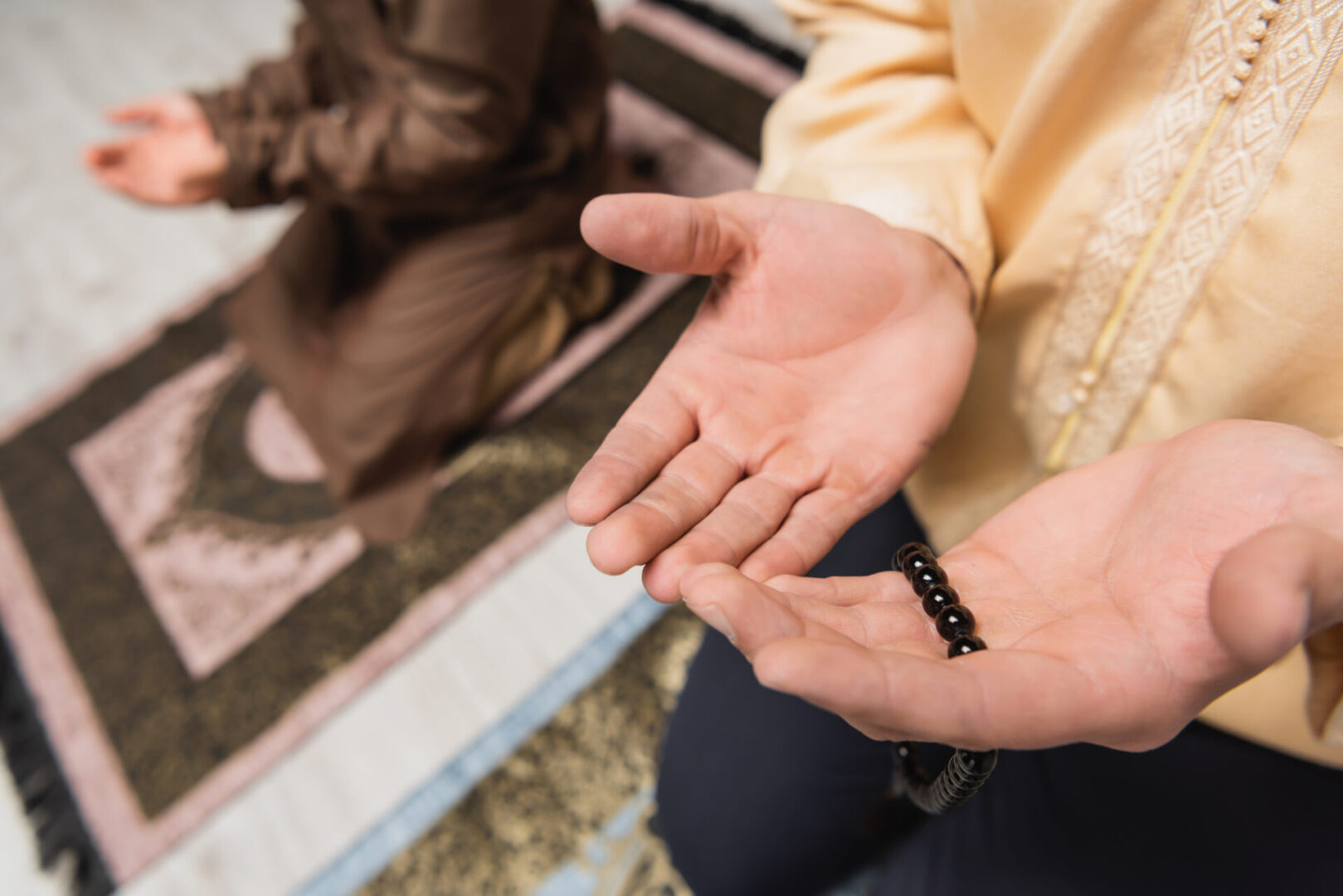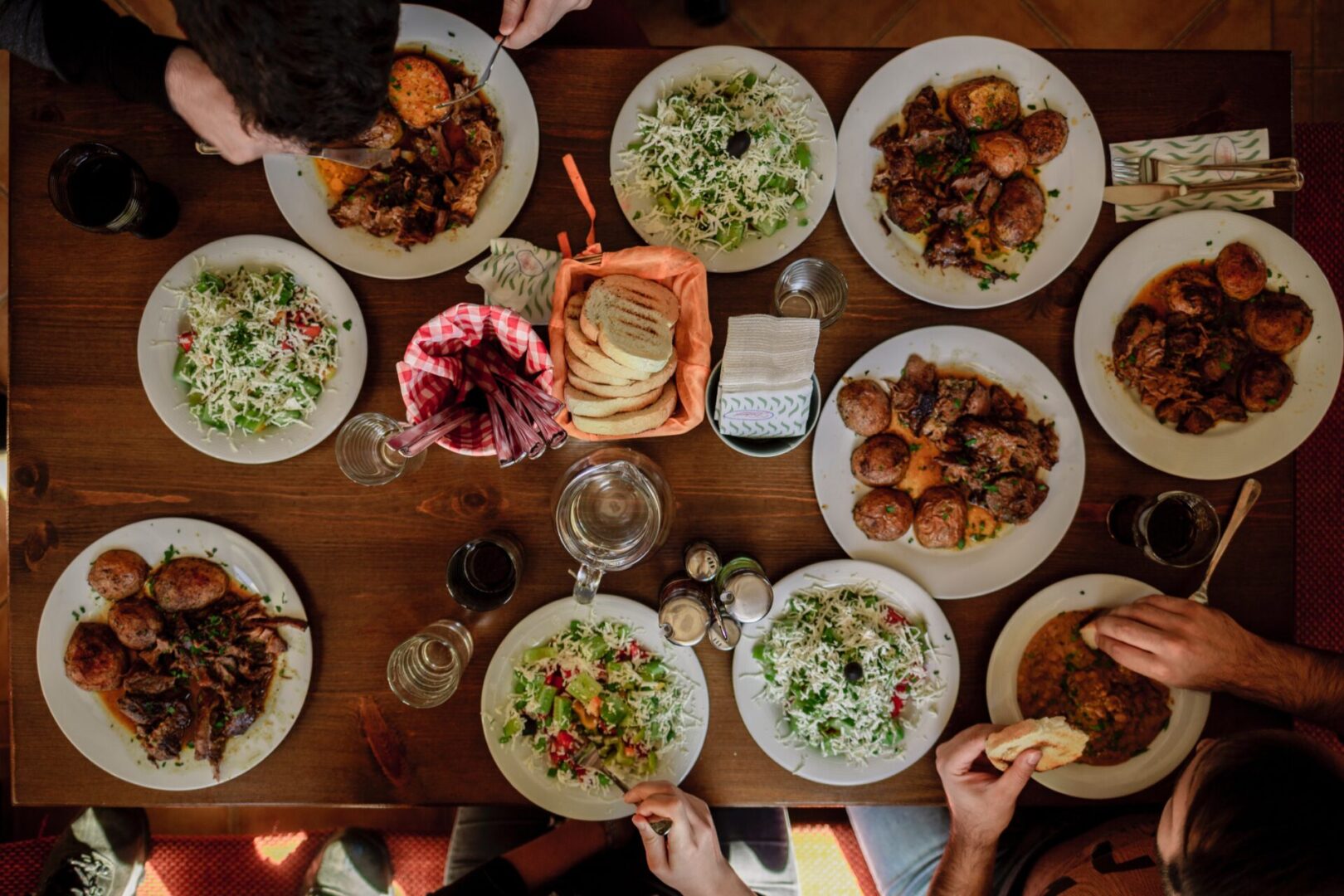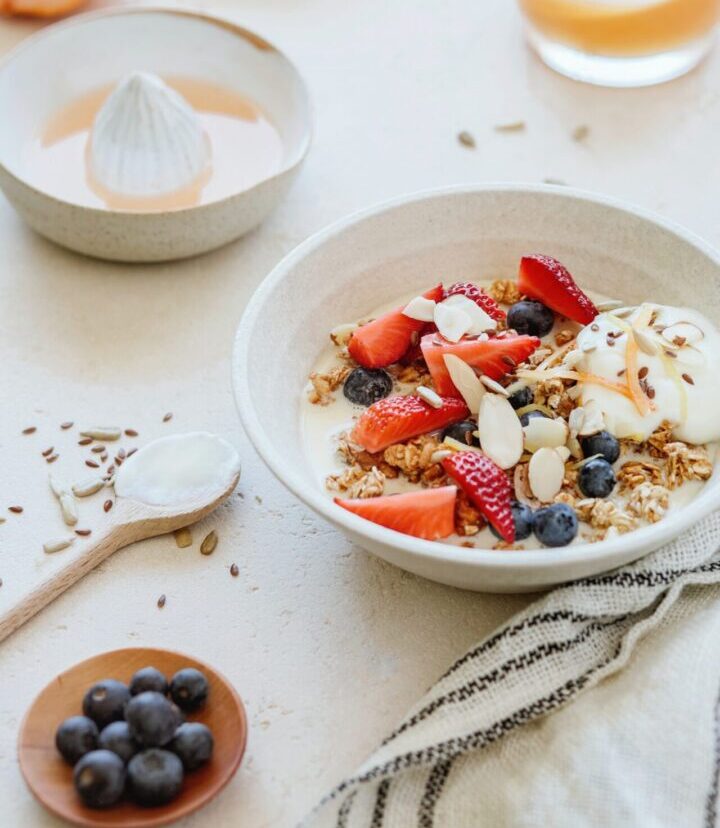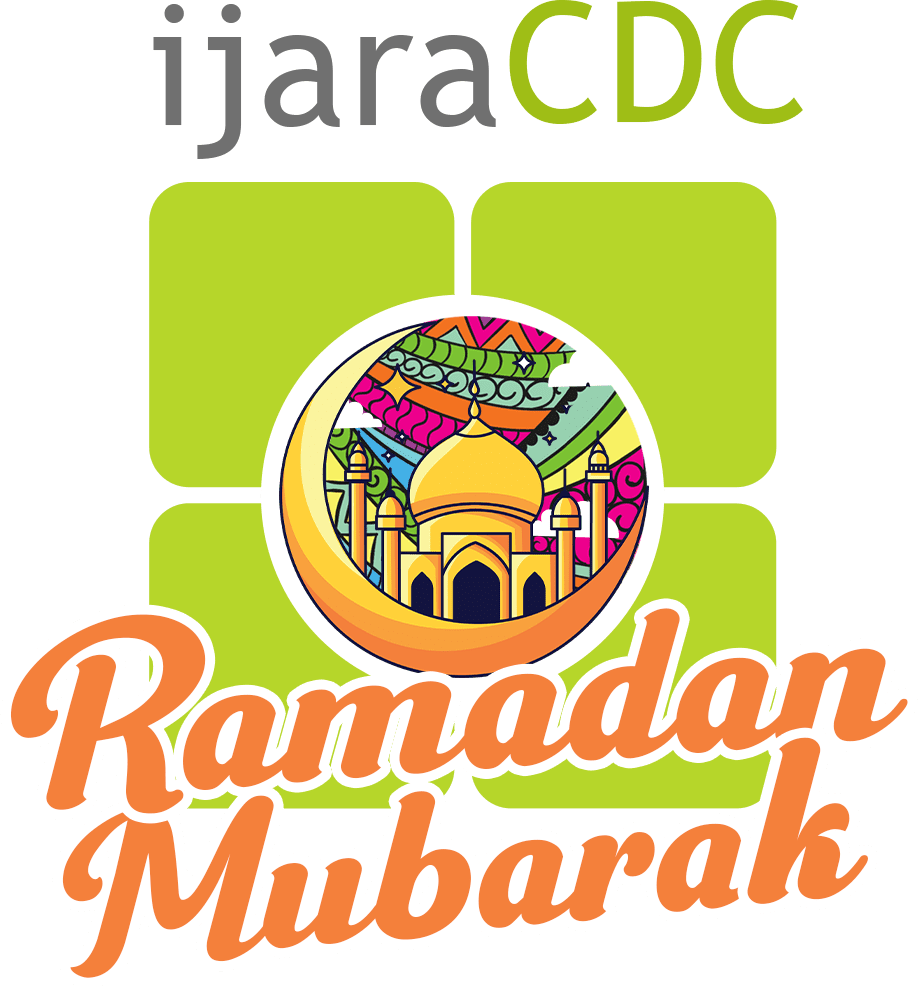Tips on Keeping Yourself in Good Health Throughout Ramadan

Ramadan is a time of fasting, prayer, and reflection. Keeping healthy in these times is essential as you adjust to not drinking and eating during the daytime. This shift of eating during the night may take a toll on your health if not done correctly. So making the proper habits and food choices will mitigate and help you overcome some of the effects of fasting.
Medical study shows that fasting, done the right way, benefits the body as it uses stored fats and adjusts to the lack of food and water during the day. But side effects like nausea, lack of energy, and stomach pains are temporary and will subside over time. So here are some best practices you can do to stay healthy while fasting in Ramadan.
Eating Your Iftar Meal

The Iftar meal is prepared to break the daily fast when the sun goes down after the Maghrib. It is recommended to eat light in Iftar, primarily high in fiber, like dates that are traditionally eaten during these hours. The dates accompany a light meal with rice, fish, meat, and vegetables, slowly replenishing your energy and regaining lost essential nutrients.
While eating light is okay, avoid any greasy and sweet food. Though they taste good, these foods will worsen your cravings and make you gain weight during Ramadan.
Taking Your Suhur On Time

The next meal, the Suhur, is eaten before sunrise; a high-fiber meal includes oats, whole wheat bread, yogurt, fruits, and nuts. These foods give energy during the day without making you crave food. It is vital not to skip Suhur because when the sunrises, you can’t eat or drink again till sundown.
Drinking plenty of water is essential as you will again enter the fast to avoid dehydration. Though it is normal to have coffee in the morning, it is not good if you enter a fast since it will make you even more thirsty and hungry during the day.
Some Healthy Practices You Can Do During Ramadan
Now to mitigate the side effects of fasting during the day, you need to make healthy decisions and stick to them so that you can complete the cycle. Here are some healthy practices we can recommend.
- Meal portions should be adequate; do not overeat, especially at Iftar, or you can eat small frequent meals slowly.
- Water is vital, so drink as much as possible and stay hydrated before entering the fast.
- Eat foods rich in water and electrolytes, fruits and vegetables are a must staple, and avoid unhealthy foods.
- Avoid eating salty and sweet foods that make you thirsty or crave.
- A light walk after Iftar helps with digestion.
To enjoy Ramadan, you need to make wise health decisions regarding your activities and what you eat. There will be a time when you will feel nauseous or faint due to fasting; remember that Allah will always want what is good for you, so if you are not in the condition to fast, you better be healthy and prepare yourself next year. But the goal of Ramadan is to do good to yourself and others, and being in top shape is an essential part of observing this season.





